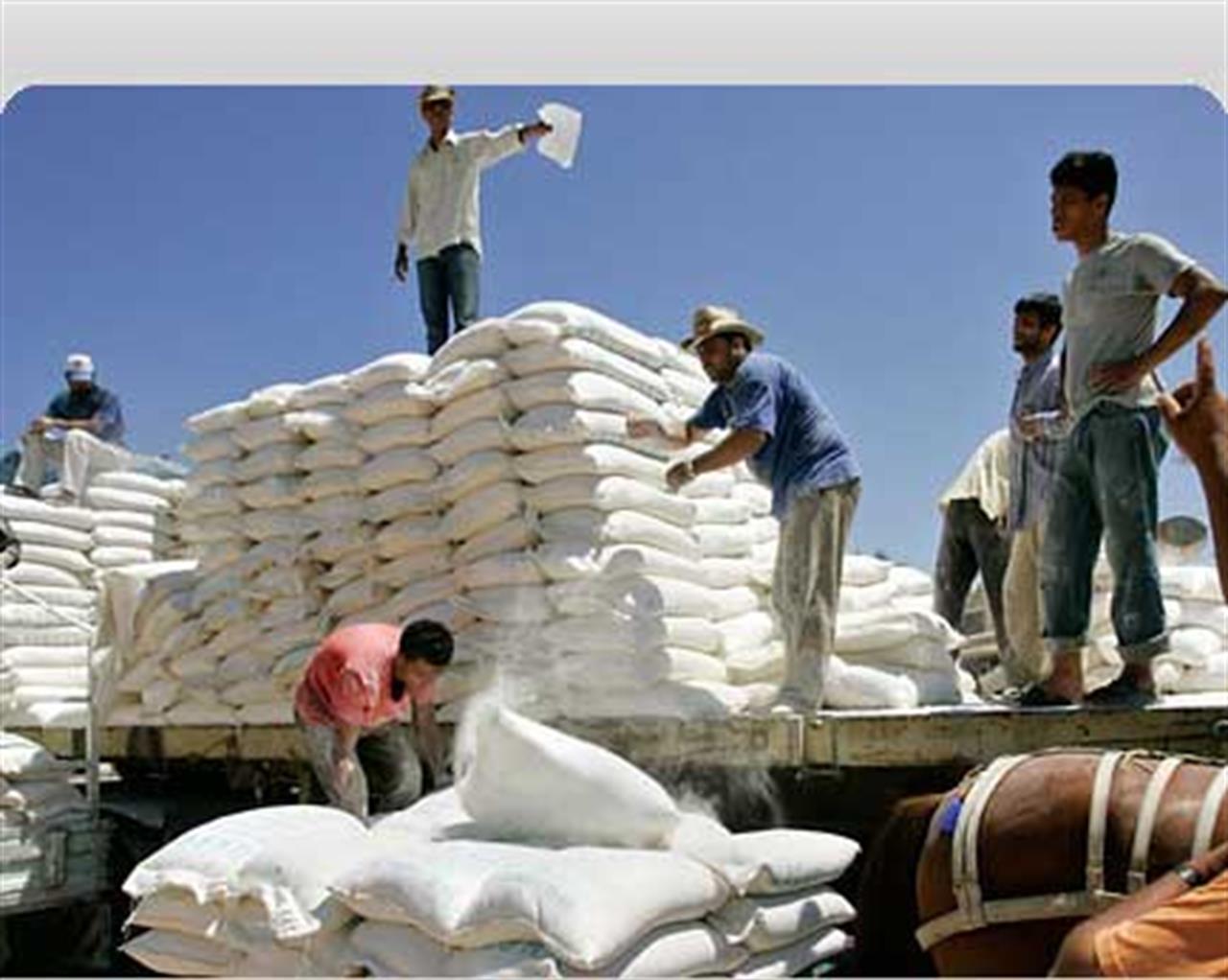Purchase 4 progress: a way out for poverty for world’s poor
WFP, the Bill & Melinda Gates Foundation, and the Howard G. Buffett Foundation have unveiled a groundbreaking initiative to help poor farmers across the developing world significantly increase their incomes.
di Staff

WFP is the world’s single largest purchaser of food for humanitarian operations that include relief and safety net programs such as school feeding. In 2007, while assisting 86 million hungry people, the agency spent US$612 million on food in developing countries.
Find out more
17 centesimi al giorno sono troppi?
Poco più di un euro a settimana, un caffè al bar o forse meno. 60 euro l’anno per tutti i contenuti di VITA, gli articoli online senza pubblicità, i magazine, le newsletter, i podcast, le infografiche e i libri digitali. Ma soprattutto per aiutarci a raccontare il sociale con sempre maggiore forza e incisività.
